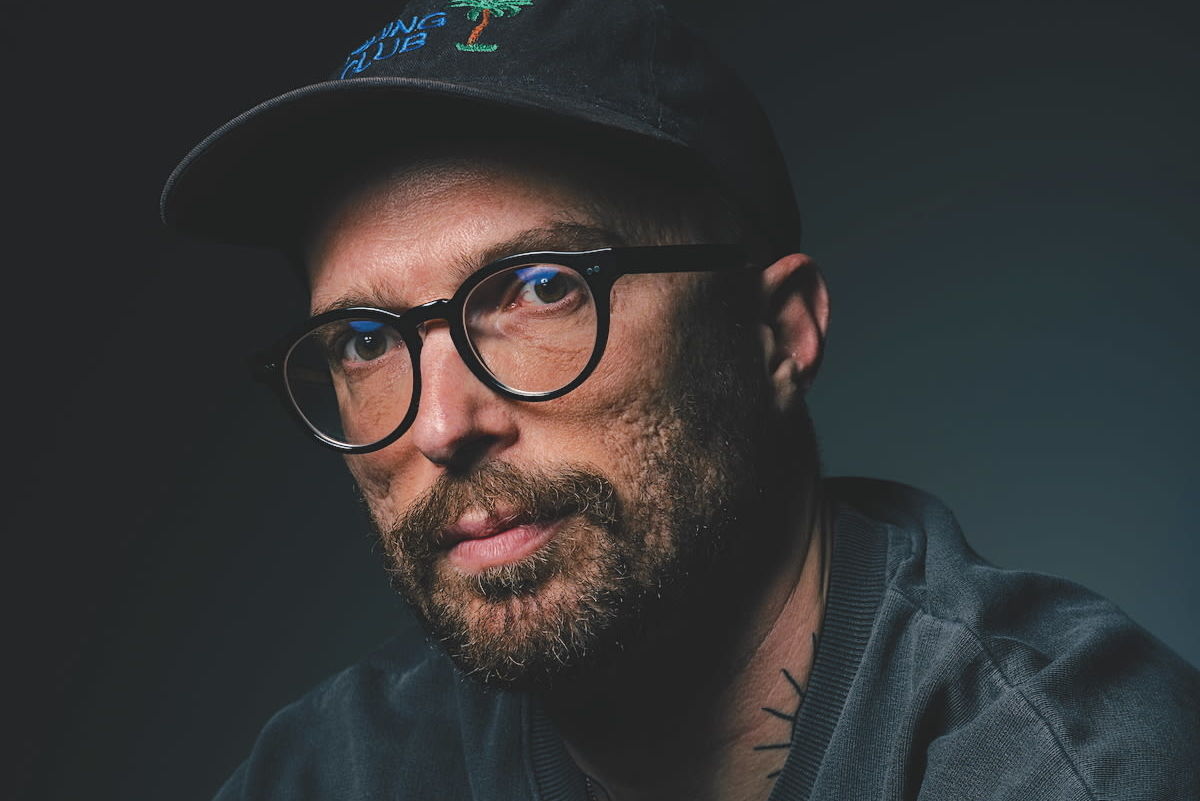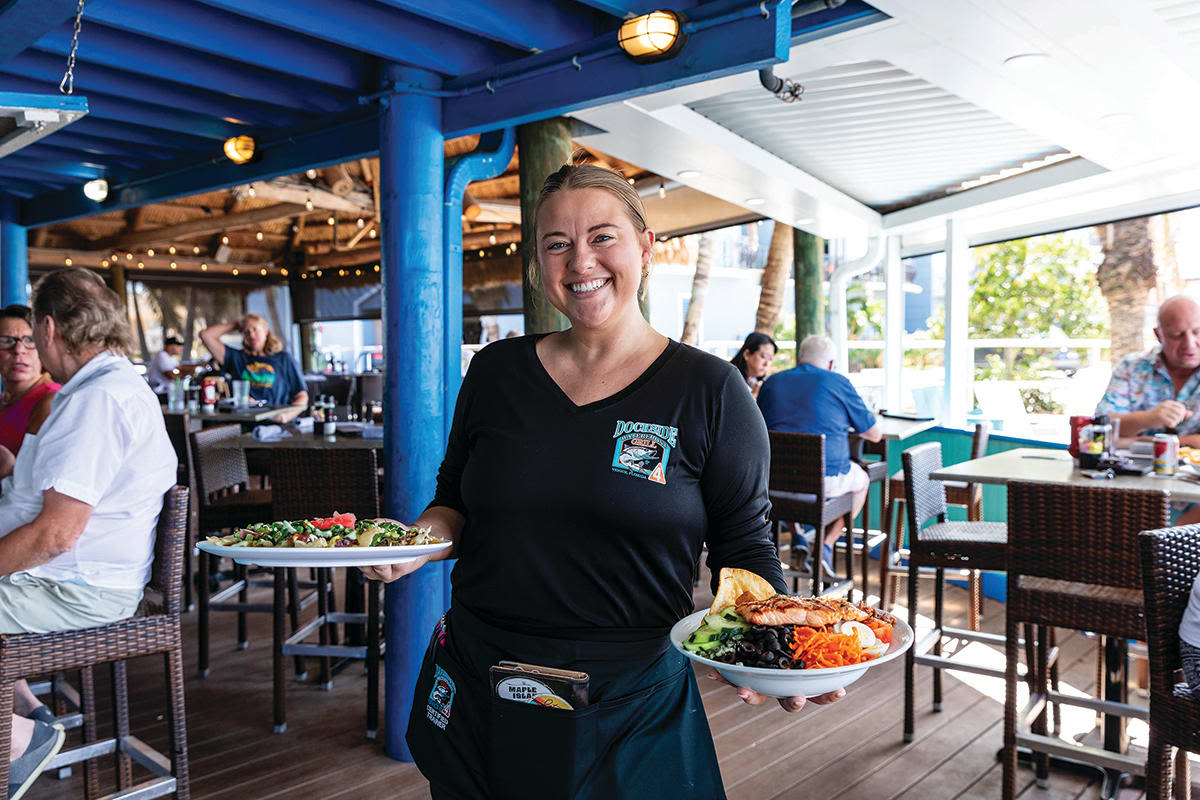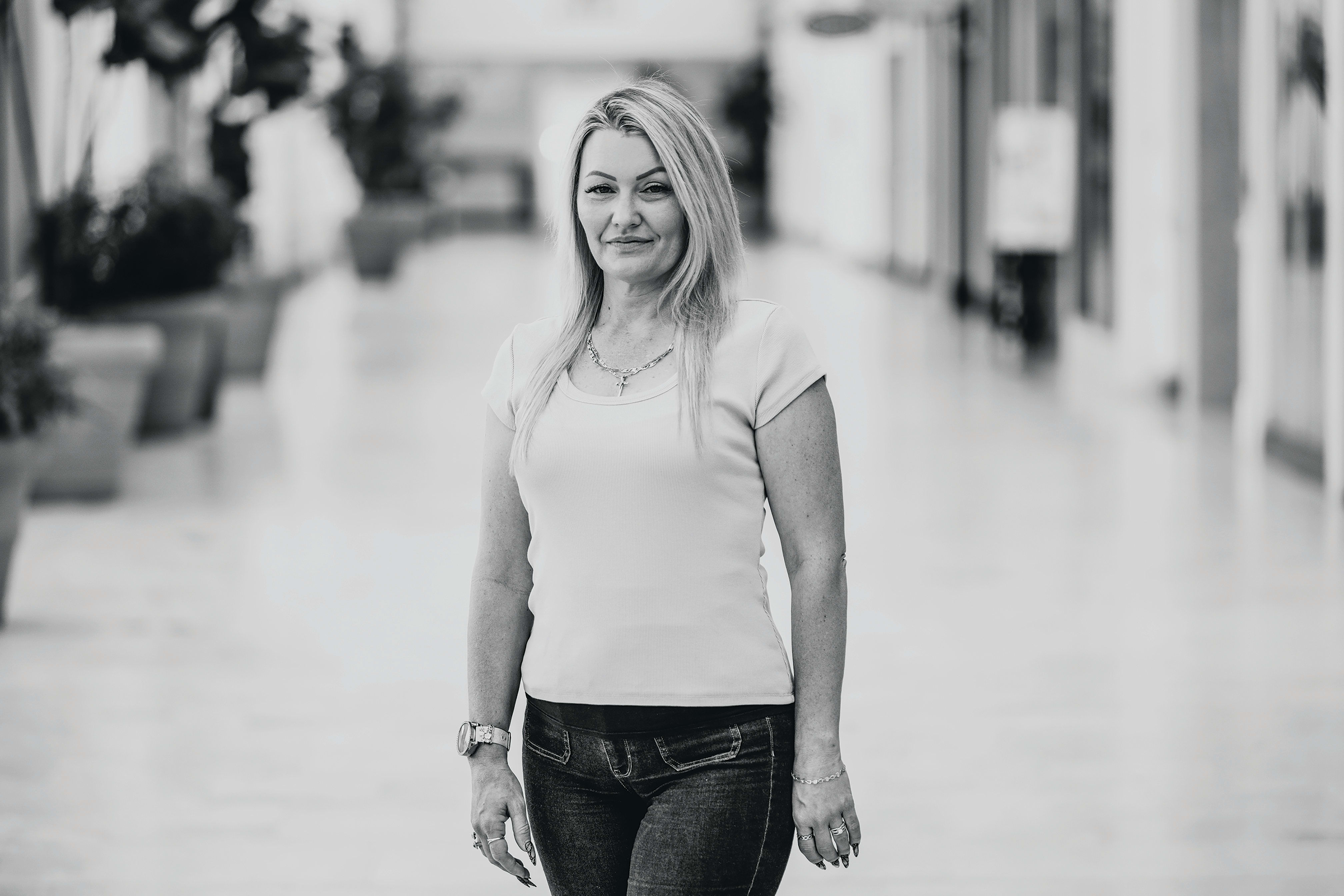Behavior Analyst Kabrena Williams on Self-Care for Special Needs Caregivers

Image: Shutterstock
The challenges of raising a family are amplified for parents with a special needs child. And while support does exist, the child's family and caregivers often find limited guidance on how to navigate their own needs and well-being. That's not beneficial for anyone.
Enter Kabrena Williams, special needs parent coach, board-certified behavior analyst, and founder of Scratch Made Consulting. Williams' goal is to help caregivers of special needs children make time for themselves and take the guesswork out of finding what type of self-care works for them. “I’m here to hold you accountable for scheduling non-negotiable me time,” she says. Here, she answers our questions about how to do that—especially during a pandemic.

Kabrena Williams, founder of Scratch Made Consulting.
Image: Courtesy Photo
Help us understand a day in the life of a special needs child and caregiver.
Due to demanding daily appointment schedules and the importance of routine in the life of a special needs child, the day starts early. Families often leave the house by 7 a.m. to make it to a number of daily therapy sessions and/or doctor visits, which range from speech therapy to occupational therapy to Applied Behavior Analysis (ABA)—the most widely used tool for individuals with autism. ABA has shown to increase motor skill abilities, socialization, communication, independent living skills, as well as challenging behaviors such as aggression, running away or self-injury.
What was the catalyst for launching Scratch Made Consulting?
I noticed an imbalance in the services available for the caregiver of a special needs child. They are faced with an overwhelming schedule for the child, which absorbs approximately 30-35 hours per week. The stressors are intense—so much so that many leave their careers to become their child's primary caregiver.
Throughout my career, I have witnessed caregivers experience burnout, debilitating anxiety, overwhelming fatigue, weight gain or loss, hair loss, habitual migraines, sleeping issues, heart problems and other physical ailments.
So I asked myself, What can I do to better serve the caregiver? If we can implement a special needs skills set at home for the child, then how can we address the needs of the caregiver? With that, I developed an evidence-based program that is tailored to the individual. I am here to teach them to take better care of themselves, and to not ignore the nudge to do so.
Tell us about your credentials, and how you got into this line of work.
I received my master's of science degree in counseling with an advanced degree in applied behavior analysis from Nova Southeastern University in 2017. I am also a board-certified behavior analyst. For more than 10 years, I have clocked innumerable clinical hours with assessments and face-to-face time with clients that range in age from 2 to 65.
One of my first experiences was with a five-year-old boy with autism. Assisting the child in learning new skills that promoted positive outcomes was incredibly rewarding; they included his processing of everything from behavioral challenges to conversations to engaging with his peers. I created a method based on the science of behavior that focuses on self-care related behaviors for special needs parents.
Parental to-do lists are never-ending. How does coaching a parent from, as you call it, "burnout to breakout" work?
By the time a parent or caregiver calls me, they are overwhelmed. They're aware that they need to make a change, but have no idea what it is or how to do it. I often hear, “I miss my old life, when there was some normalcy.” They may have also experienced a failed attempt at trying something new, or they may have misconceptions about the self-care concept. Most want to have a plan in place by the time the child is an adult.
Together, we make that happen. I assist the caregiver in being accountable to their well-being. My private coaching program is done online, combined with consultations and check-ins that include 12 one-on-one sessions, weekly calls, and an initial 90-minute interview session. I get to know the family dynamics, lifestyle and the child’s schedule in order to generate a detailed, personalized plan that's also based on a caregiver self-assessment. From there, we create easy, quantifiable, and attainable goals that come with a reward system. Throughout the process, parents and caregivers can reference and track their progress online for a sense of accomplishment.
Self-care is necessary on a normal day, and now we all have to add in the stressors related to Covid-19. What advice do you have for parents who believe the time just does not exist for this?
My biggest piece of advice is don’t wait. Looking for the “perfect” moment or day to arrive when things have calmed down is not practical. Give yourself permission, which is not a natural instinct for a caregiver.
Also, remember that regular self-care is not defined as a vacation or a day at the spa. And avoid the notion that it is one-sided. Spending time away from your child, especially for the primary caregiver, is good for everyone in the family because you show up a healthier, better, and refreshed version of yourself.
What are some ways to redefine self-care for caregivers?
Find what interests you outside of being a special needs caregiver. For instance, take a book or a journal to the child’s sessions. Give yourself permission to take that time to disconnect from your never-ending to-do list and recharge with something you enjoy.
Also, be creative with the daily schedule and change things around. The dynamics of what can be altered varies from household to household, but a couple options are to wake an hour before the family to enjoy a cup of tea by yourself, or carve out time before bed for a favorite show, or delegate someone else to drop off or pick up the child so you can have a respite.
Is there a disparity between the care Black special needs children receive vs. white special needs children?
There is a definite disparity. One glaring difference is that Black special needs children are diagnosed at a later age than their white counterparts.
Many times the school system and those within it have misinformation. For instance, the child can be misunderstood and seen as having a delayed developmental disorder, or as being a “problem child.” I have also witnessed teachers responding differently to children of color with special needs—the student might be disciplined by being sent to the corner or to the office, for example, which does not produce effective consequences.
What books would you recommend for the special needs family?
- Living a Happy Life with a Special Needs Child
- Half A Brain: Confessions of a Special Needs Mom
- The Autism Mom’s Survival Guide: Creating A Balanced & Happy Life while Raising a Child with Autism
- Burnout to Unstoppable: An Autism Mom’s Memoir About Prioritizing Self-Care, Becoming Stress Resilient & Unleashing Her Inner Badass
- Taking Care of the Special Needs Mom: Feel Good So You Can Be There For Your Child



